5 bulb planting tips experts say are simple to do and promise vibrant blooms for longer
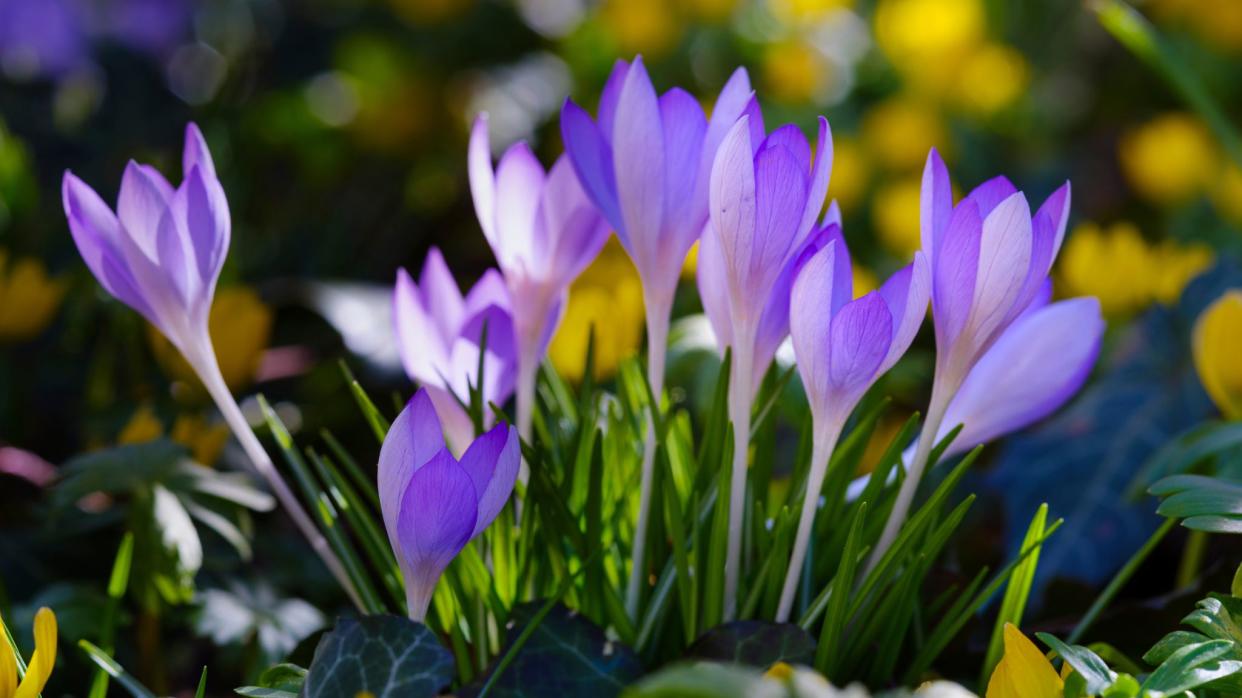
While you might think that your backyard is in hibernation in winter, you’d only be partially correct. Fall is prime bulb planting season, and those small little organisms you stick into the ground this time of the year will be busy sprouting out of sight so that they're ready to bloom come late winter or spring.
Of course, you could just throw your bulbs into the ground and wait for them to do their thing, but there are some expert tricks you ought to know about if you want vibrant, longer-lasting blooms next year. According to experts, they're easy to apply - even for beginner gardeners - but they could make all the difference to your backyard. Here are five oft-overlooked bulb planting tips to start applying now if you want abundant blooms.
1. Keep the water moist
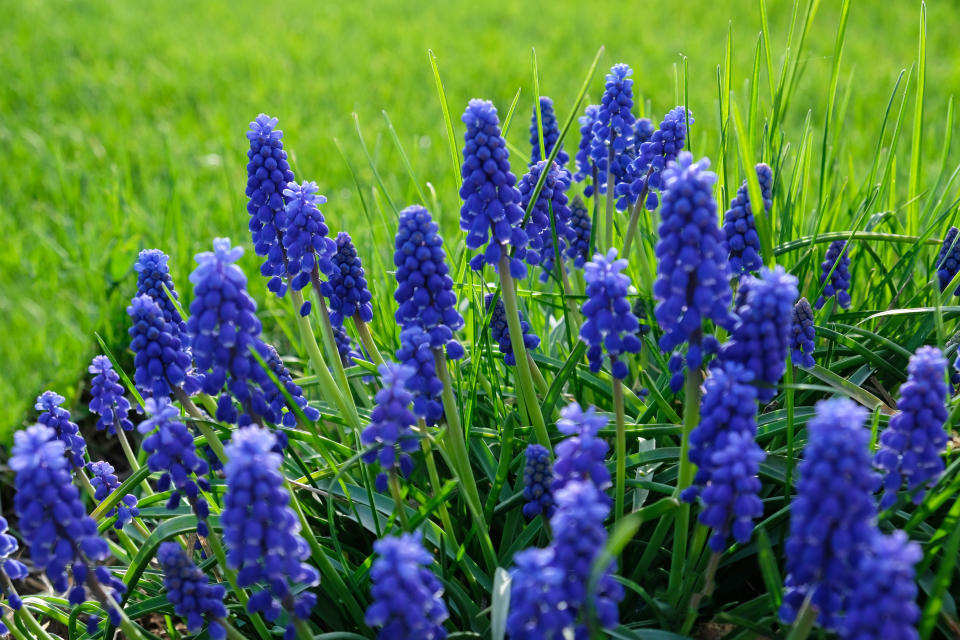
Whether you've planted the best bulbs for container gardening or you've opted to put them straight into the ground for a bulb lawn, it goes without saying that you'll need to remember to water your bulbs frequently.
‘Keep the soil evenly moist, especially during the growing season,' says gardening expert Lina Cowley, senior editor at Trimmed Roots. 'As a general rule, bulbs need about one inch of water per week.' Don't forget to do a soil test before so you don't risk overwatering (one of the common container gardening mistakes).
2. Fertilize the soil before planting
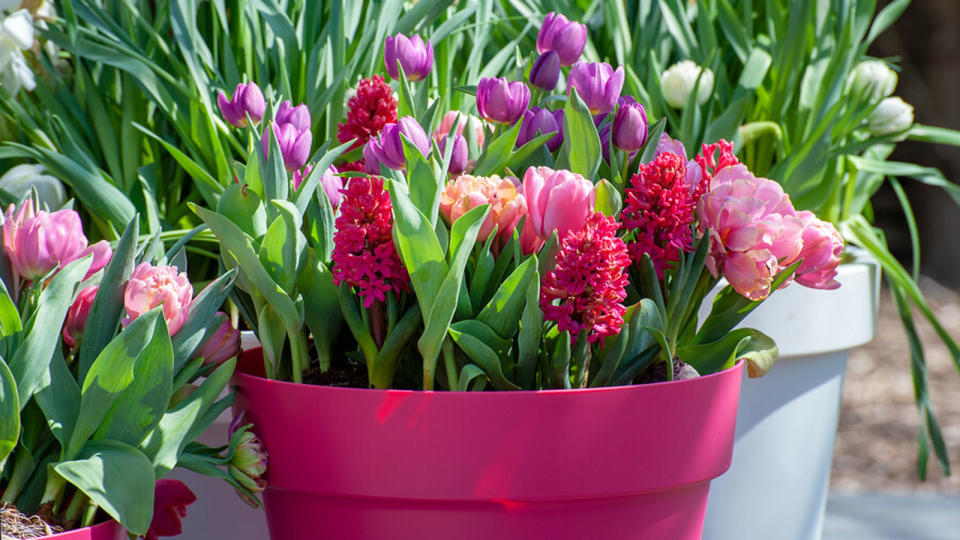
For your spring flower bulbs to grow in the best conditions, don't skip the fertilizer. If it's not too late, Lina explains that before planting you should amend the soil with compost or bulb fertilizer to provide nutrients. ‘Additionally, you can apply a slow-release fertilizer in early spring to support healthy growth,’ she adds.
3. Mulch your flower bed
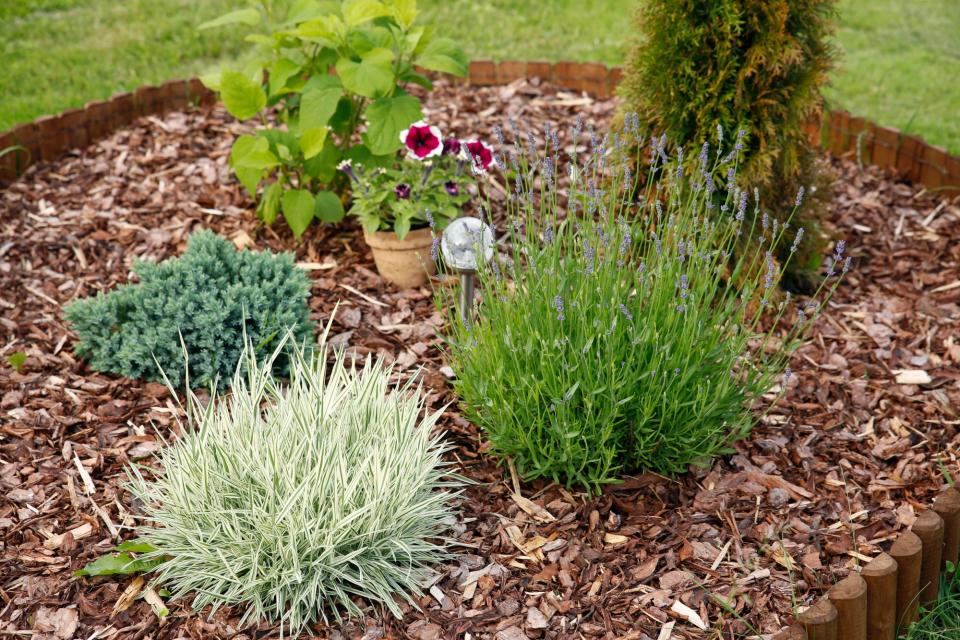
If you've planted your bulbs directly into your flower bed, you might need to protect your bulbs from frost or weeds. Mulch is a gardening element that's perfect for the job. It’s typically made of a mixture of chopped leaves, compost, woodchips, and straw. Not only does it keep your bulbs warm in winter, but it makes your bed look tidy by covering any messy soil, helps maintain soil moisture, and suppresses weed growth (just avoid actually planting the bulbs in mulch - they'll still need soil to grow!).
4. Remember to deadhead when your bulbs flower
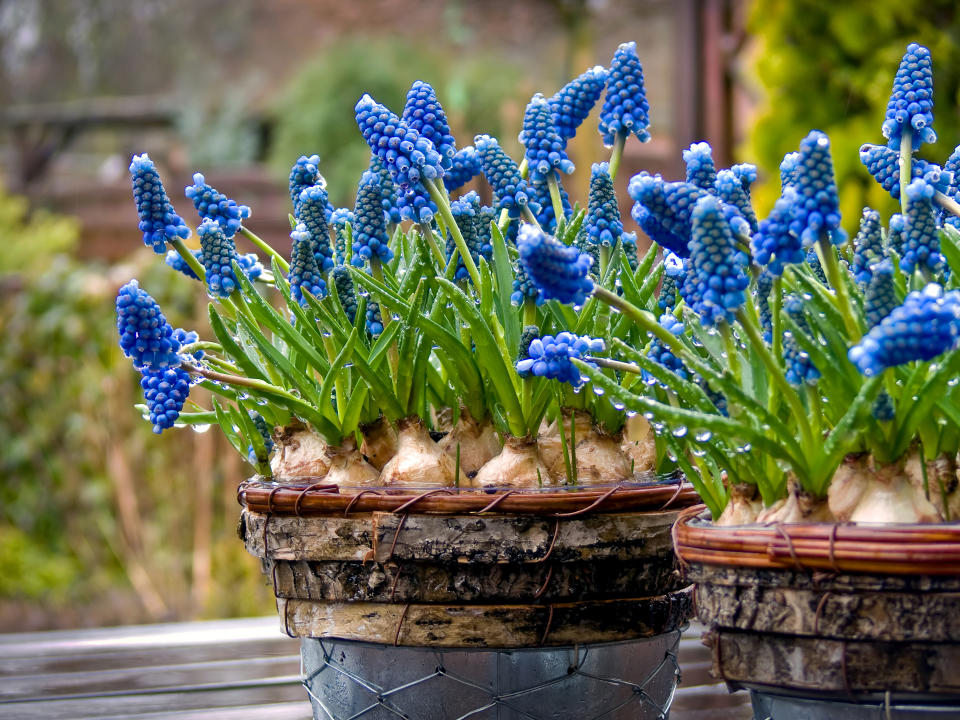
Removing dead flower heads is one of the best things you can do to ensure further blooming. ‘Once your bulbs bloom, remove faded flowers to prevent seed production and encourage the bulbs to store energy for the next season,’ encourages Lina.
Deadheading will not only encourage more blooms but also improve the plant’s appearance overall. Some plants will need it to improve their performance, while for others it will mostly be beneficial from an aesthetic standpoint. However, it's an important step for the health of your bulbs, especially if they're perennial.
5. Winterize your bulbs in especially cold climates
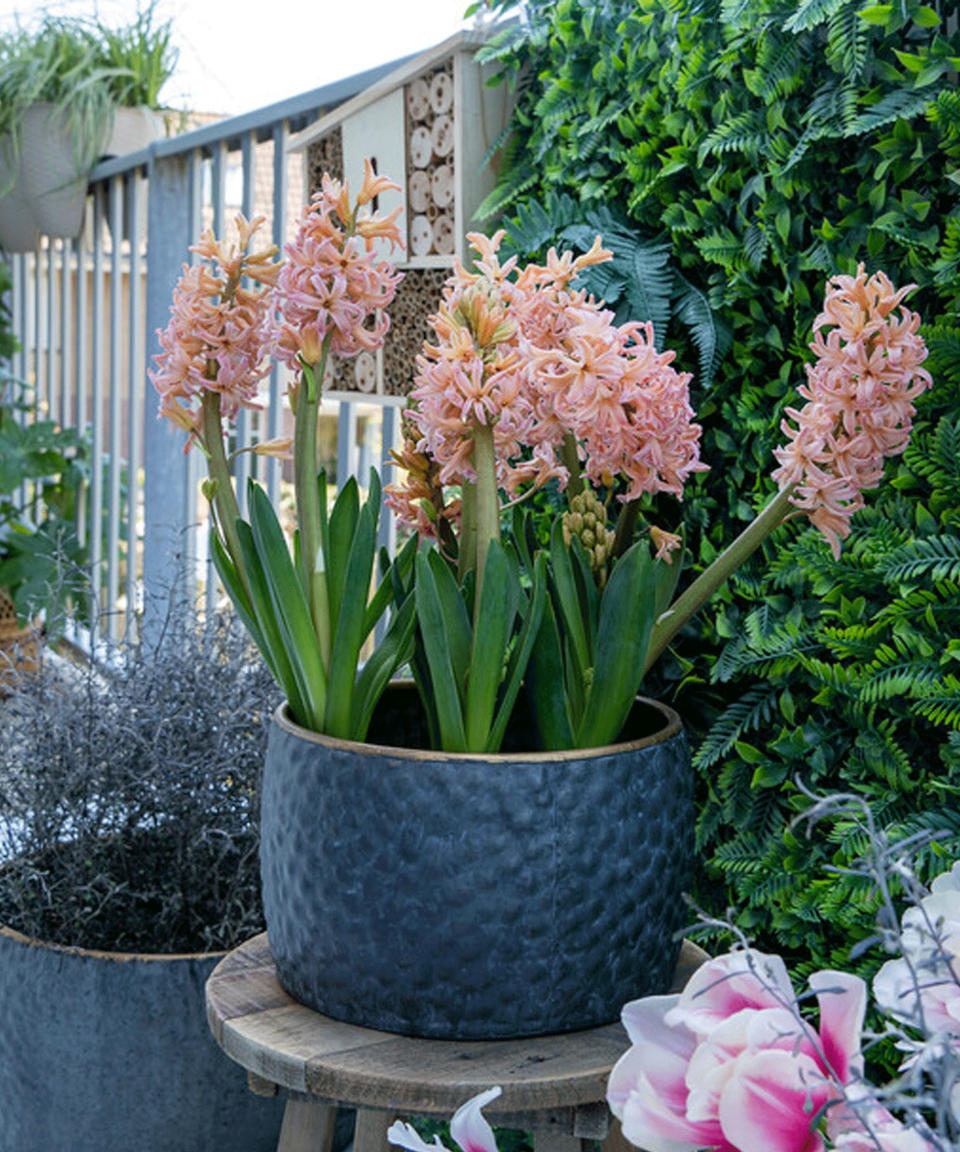
If you live in a particularly cold climate and you’ve planted your bulbs outdoors, it’s advisable to protect the bulbs from the lower temperatures and potential frost by adding mulch or straw over the planting area.
Bulbs that bloom through the snow like snowdrops or crocus won’t need this, however, tulips or hyacinths likely will. You can also cover the area with a lightweight sheet or landscape fabric while the temperatures are low, but make sure to remove this once the weather starts to warm up again. While you're at it, take the time to consider whether or not the rest of your container garden needs an extra layer of warmth through winter.

Royal Hyacinth bulbs
Price: $25 (25 bulbs pack)
Plant your hyacinth bulbs in your bulb lasagna making sure you fertilize the soil, and keep it warm over witer.

All-purpose plant food
Price: $14.19
Fertilizing and watering your soil is important to ensure the health of your blooms come spring.

Cedar bark mulch
Price: $24.78
Keep your bulbs warm in the colder months and the soil looking neat with a layer of mulch.

